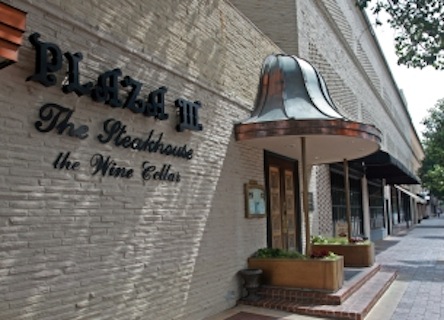 “The Way We Live Now” was the memorable title of an Anthony Trollope novel from the 1870’s. It would apply just as aptly to the books of a contemporary author, Thomas M. Caplan.
“The Way We Live Now” was the memorable title of an Anthony Trollope novel from the 1870’s. It would apply just as aptly to the books of a contemporary author, Thomas M. Caplan.
I had the pleasure of meeting Caplan a couple of years ago in New York. When we introduced ourselves and he heard I was from Kansas City, he startled me by asking me what we would be having for lunch if we were having it at the Plaza III restaurant in Kansas City that day.
After I told him about their signature steak soup, prime rib, and creamed spinach, Caplan explained that he was writing a spy thriller set in Kansas City and had decided to start the book by one of its characters eating at that restaurant.
 Sure enough, the resulting “The Spy Who Jumped Off The Screen” is set in Kansas City (at least in part), with cameo appearances by The Country Club Plaza and Mission Hills. The character Willie Claussen is an international construction contractor, with political contacts at the highest national levels. Ruggedly handsome, he has maintained a reputation as a ladies man over the years. (Some think Claussen is based on our own B.B. Anderson; mogul, bon vivant, and star of TV’s “Survivor”—but neither the author nor Anderson will comment.)
Sure enough, the resulting “The Spy Who Jumped Off The Screen” is set in Kansas City (at least in part), with cameo appearances by The Country Club Plaza and Mission Hills. The character Willie Claussen is an international construction contractor, with political contacts at the highest national levels. Ruggedly handsome, he has maintained a reputation as a ladies man over the years. (Some think Claussen is based on our own B.B. Anderson; mogul, bon vivant, and star of TV’s “Survivor”—but neither the author nor Anderson will comment.)
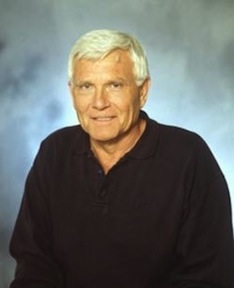 Claussen has become unwittingly involved in a scheme to smuggle nuclear materials into the U.S. through a project in the former Soviet Union. The plot takes off from there, with side trips to Beverly Hills, Camp David, the Cannes Film Festival, and various points in between. Not only is the story exciting, but the book has a gracious but compelling introduction on the subject of nuclear proliferation by the author’s college roommate, William Jefferson Clinton. I guess I shouldn’t have been surprised because when I first spoke to Caplan he had explained to me his long standing friendship with both Bill and Hillary, going back 40 years. It turns out Caplan had organized Bill Clinton’s campaign for class president of their class at Georgetown University. He’d known Hillary since she was in law school and he’d been in business school getting his M.B.A.
Claussen has become unwittingly involved in a scheme to smuggle nuclear materials into the U.S. through a project in the former Soviet Union. The plot takes off from there, with side trips to Beverly Hills, Camp David, the Cannes Film Festival, and various points in between. Not only is the story exciting, but the book has a gracious but compelling introduction on the subject of nuclear proliferation by the author’s college roommate, William Jefferson Clinton. I guess I shouldn’t have been surprised because when I first spoke to Caplan he had explained to me his long standing friendship with both Bill and Hillary, going back 40 years. It turns out Caplan had organized Bill Clinton’s campaign for class president of their class at Georgetown University. He’d known Hillary since she was in law school and he’d been in business school getting his M.B.A.
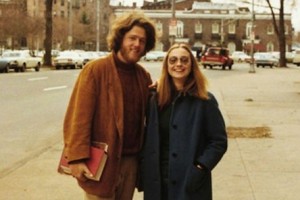 Partisan Republican that I am, I appreciated the writer’s loyally standing up for his friends. Regardless of what I think of their policies, I did agree that they both had extraordinary abilities and that he had undoubtedly gained a lot of insight into international politics from them.
Partisan Republican that I am, I appreciated the writer’s loyally standing up for his friends. Regardless of what I think of their policies, I did agree that they both had extraordinary abilities and that he had undoubtedly gained a lot of insight into international politics from them.
Caplan has written two other wonderful books that tell us a lot about how people think and live their lives in our time. One, “Grace and Favor,” is a story about a corporate takeover, set in the Britain of the Margaret Thatcher years.
It clearly is based on Caplan’s own experiences in business and time spent overseas. Not only does a lot of it ring true to anyone who remembers that era, but it has a lot of wry but telling observations about Anglo-American relations (from the bed-room to the board-room!). Caplan also points out that no American, no matter how polished and attractive, will ever be accepted by the English socially, with the late Ambassador Charles Price being the exception that proves the rule. There also is one particularly harrowing scene where the protagonist is set up on a phony insider trading charge in a restaurant in London very reminiscent of Kansas City’s Savoy Grill. Having dealt with any number of crooked financiers (and lawyers!) over the last 35 years, it is very true to life, uncomfortably so as the near-victim of such a scheme.
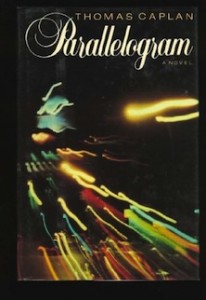 Caplan wrote another book called “Parallelogram.”
Caplan wrote another book called “Parallelogram.”
It is about the tragic collision of young people from two very different worlds in New York’s Central Park. He writes with knowledge and assurance about yuppies and street criminals and the inevitable calamities that ensue when their paths cross. The setting is pre-Central Park jogger, pre-“Bonfire of the Vanities,” and so Caplan should get points for prescience, in addition to creating a story of power and insight.
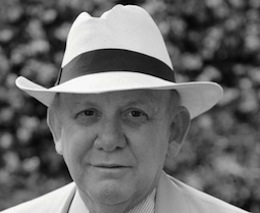 Thomas Caplan, of Maryland’s Eastern Shore, is a Citizen of The World if his books are any indicator. We need to do what we can to get him out here for a reading, preferably at the KC Public Library and Rainy Day Books, in a town that he knows and loves almost as much as his native Baltimore.
Thomas Caplan, of Maryland’s Eastern Shore, is a Citizen of The World if his books are any indicator. We need to do what we can to get him out here for a reading, preferably at the KC Public Library and Rainy Day Books, in a town that he knows and loves almost as much as his native Baltimore.
Call the library’s Cris Kemper and Rainy Day’s Vivien Jennings to let them know!

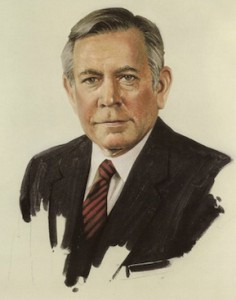









Very nice Dwight! Thanks for taking the time to post here. I’m headed to RDB now to pick up a couple books. I’ll drop a dime on Vivien.
Great story, as usual.
Speaking of Mission Hills cameos; just read your story in The Hills this morning. What a great job, considering who they had write it. That guys a little off center, you know?
Glad you’re here, a couple of us are trying to class the joint up some.
Keep it up.